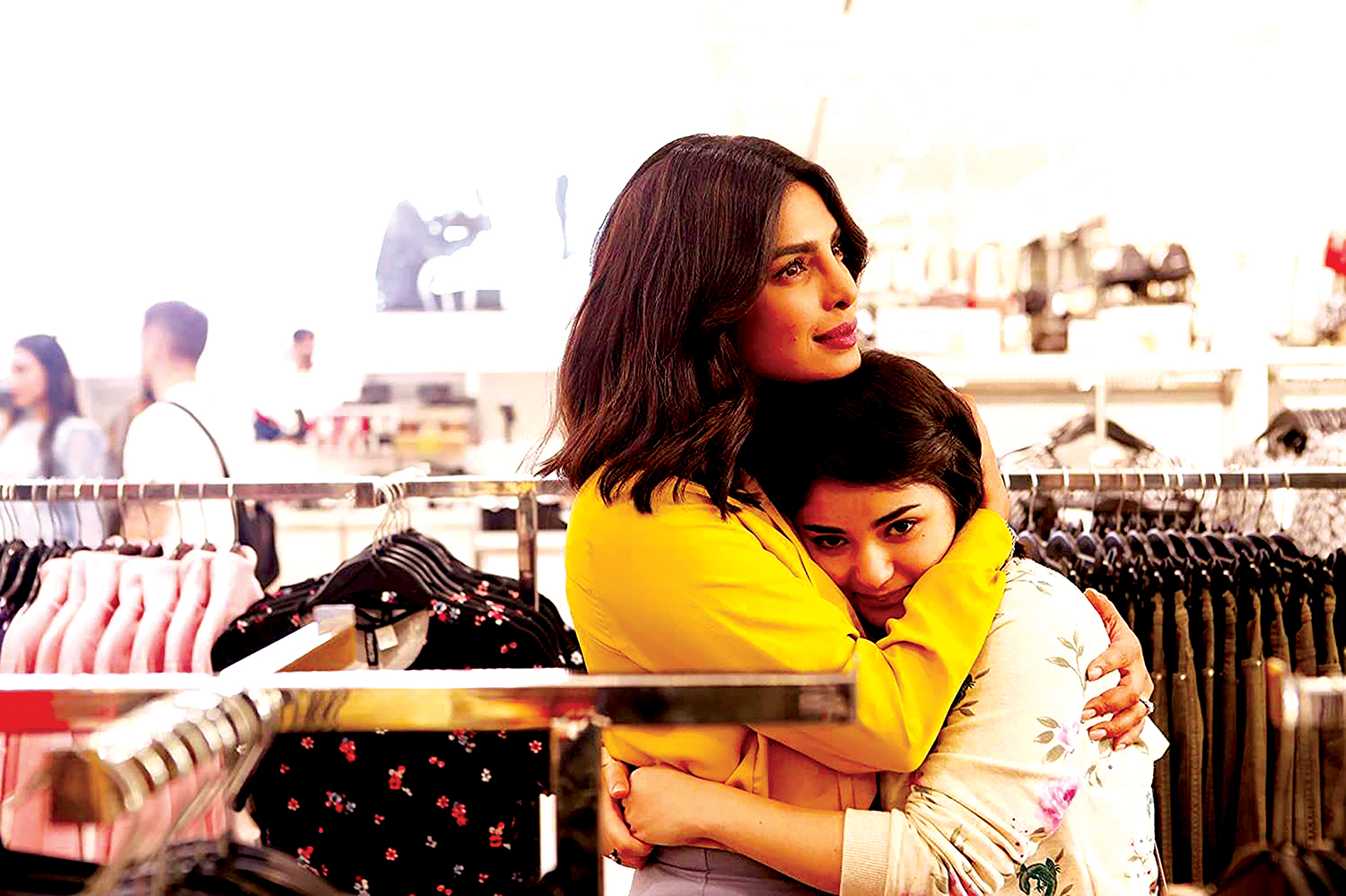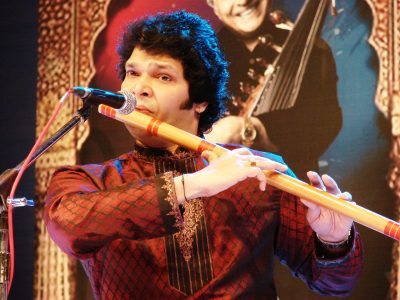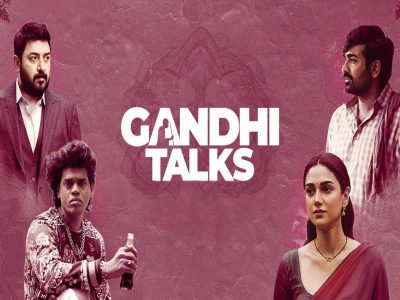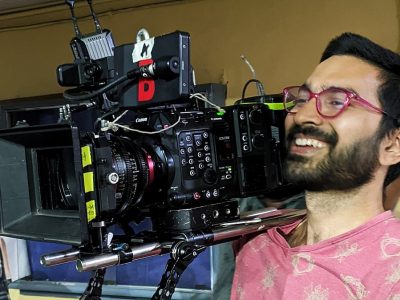Filmmaker Shonali Bose opens up about her personal tragedy, the ongoing protests around India, censorship and more
AFTER MAKING her directorial debut with Amu (2005), writer-director Shonali Bose went on to direct two critically acclaimed films, Margarita with a Straw(2015) and The Sky Is Pink (2019). With these, Bose made a reputation for herself as a filmmaker adept at handling complex human relationships. The Sky Is Pink, that stars Priyanka Chopra, Farhan Akhtar and Zaira Wasim, has already traveled across the globe.
In this interview, Bose talks about the theme of death in The Sky is Pink, how she herself dealt with the tragic death of her son, the ongoing situation in Kashmir, the student protests across the country, and her future projects.
Excerpts:
Tell us about the recent screening of The Sky is Pink at the India Habitat Centre.
There are a lot of people in Delhi who are working class, whom I have known for many years. They didn’t have the money to see the film in the theatres nor do they have access to Netflix. There are about 150 people. So, I called up the Habitat Centre and asked them if they are open to the idea of a screening that hosts people from the slums in addition to their regular members, and they agreed. Also, this was the only screening of The Sky is Pink in India followed by a Q&A session.
How has the overall response been internationally?
The film’s journey started in September last year with Toronto International Film Festival(TIFF). Then after that the film was at London British Film Institute (BFI). Also, after theatrical release we had a premiere in Mumbai. It’s been really amazing, the kind of reactions I have received from the audiences. And I am not just talking about the audiences in India or the Indian diaspora at large. The last screening we had was in Florence, Italy. And so from Toronto to Florence, I can tell you that the audiences all across the globe experienced a deep emotion or feeling because it made them think about death — which is something we all face in a different way. And I mean it in a positive way. Perhaps, they were expecting that it’s going to be a sad story about death, only to discover later that it is uplifting as well.
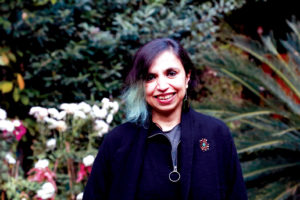
To what extent have your films helped you in overcoming the tragic death of your son?
Well, a personal tragedy can only be overcome if you personally deal with it. When my son died, all I knew was that I couldn’t suffer the way I did when my mother died. You see, 25 years had passed and I really didn’t know how to deal with it. At the time when I walked into the hospital and they told me that my son might die I just fell on the ground. When my mother had died it was so painful that I pretended that it didn’t happen. My father had become a sanyasi and then my mother died. So, I never really confronted it the way I should have.
But this time I came across a phrase ‘grief work’. So every day I would drop my younger son to school and would just sit with the pain. What does that mean? You just feel the worst things and the terribleness and not be afraid of it. You examine it in your head and tell yourself that your child is gone and that you couldn’t stop the death. Whatever terrible things you are going through, you really feel it and you cry and confront it. Unless you do that, you can’t overcome it.
You have often referred to Zaira Wasim as your daughter. Also, you have been quite vocal about the situation in Kashmir. What do you think is the way forward?
We were doing the final dubbing for The Sky is Pink in Jammu a day before it happened. And Zaira looked really tense but I kept telling her that nothing is going to happen. It’s just shocking that the blackout has gone on for so many months. I am glad that finally the Supreme Court passed a ruling that the internet shutdown is illegal. It’s really disturbing that Kashmir has been forgotten by the rest of the country.
And if I wouldn’t be calling Zaira every week, probably I too would have moved on in my life. There are times that I forget about the blackout and send her WhatsApp messages. So when I call her and tell her that I just send you a WhatsApp message she reminds me that she is unable to receive them. Now, she may giggle while saying it but it’s so shocking that she is unable to use WhatsApp.
It is absolutely outrageous at every level. Kashmir is just a tool for those in power. It doesn’t matter which party. They just want to keep the conflict alive and it’s the ordinary Kashmiri people who are the real victims.
The students are protesting all over the country over CAA/NRC. What according to you is the way forward?
I am outraged by what’s happening around. I was a part of the first big protest that took place on December 19 right after the Jamia incident. The day is important because that’s the day Ramprasad Bismil, Ashfaqulla Khan, and Roshan Singh were hanged by the British. So I used the song ‘Sarfaroshi ki tamanna’ and cut a small video as part of the protest.
I feel that people have had enough. This is the straw that has broken the camel’s back. Efforts are being made to change the ethos of our country for quite some time and I am glad that CAA has finally woken people up. The only way forward is to continue with the protests.
How did slavery end in the United States? It looked impossible at one time, but it did end. Also, it seemed impossible at one point in time that British colonialism will ever end. Human beings do find ways to change civilizations. So, what’s happening is fantastic and I hope it doesn’t die down.
You have had troubles with CBFC in the past. How do you look at the censorship norms in India?
I think all forms of censorship need to be removed. All that’s required is certification – citing which type of content can be watched by audience of which age group. You can’t take out things from a movie. I faced great troubles with the CBFC with Amu which is about the 1984 Sikh massacre, and then later on with Margarita with a Straw which tries to explore the sexuality of a woman. It’s really ridiculous how you are made to feel as a director. The existing guidelines are beyond antiquated. It’s really disconcerting that we have to face such outdated guidelines.
What are you working on next?
Well, I can’t reveal much. All I can tell you is that I particularly want certain female stars in this project for it to work. Just think of an action-oriented masala Hindi film, but with women characters. The concept and story is done, but the script needs to be developed. So, I am really looking forward to it. Also, I have an idea for a series as I feel that the long form format allows one to really explore the characters in depth. But I haven’t yet pitched the idea to anyone. ■

